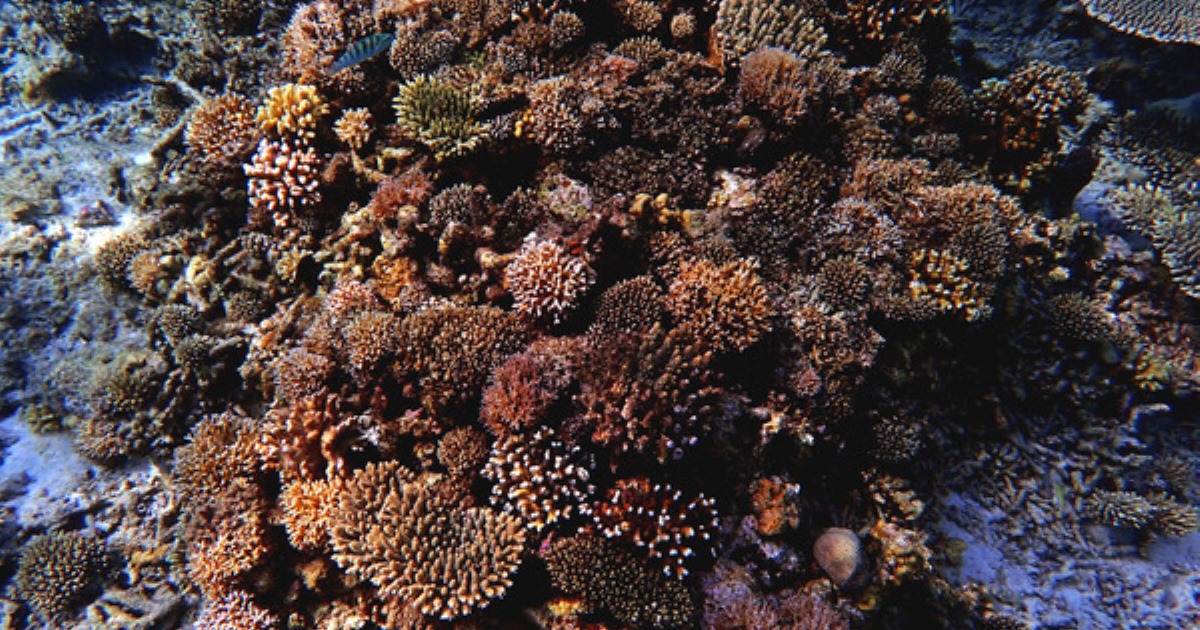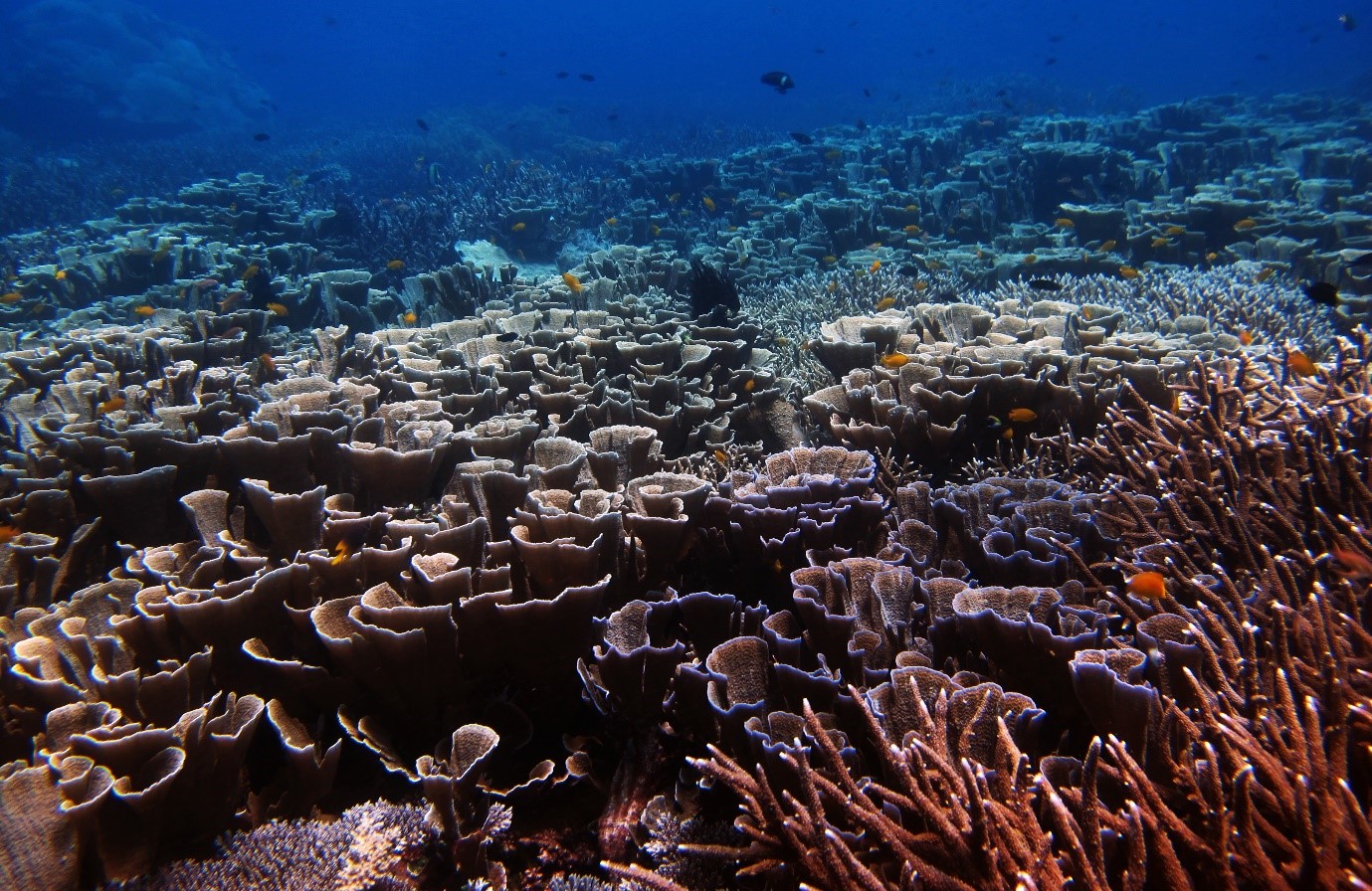Incorporating Physiological Data into Environmental Resilience Models
A special issue of Diversity (ISSN 1424-2818). This special issue belongs to the section "Marine Diversity".
Deadline for manuscript submissions: closed (31 January 2022) | Viewed by 3500
Special Issue Editor
Special Issue Information
Researchers typically concern themselves with abundance and diversity, with higher values normally deemed favorable. This interpretation prevails despite the fact that human population densities may just as commonly correlate inversely with individual metrics of health (e.g., lifespan). As a marine example, an aesthetically appealing reef with high coral abundance (Figures 1-2) may indeed draw more tourists and provide a number of ecosystem services; however, the respective corals are no healthier than conspecifics on marginalized, low-biodiversity reefs (& could actually be of diminished resilience). What this signifies is that, rather than exclusively counting the number of constituents during surveys, those interested in predicting how Earth’s ecosystems will respond to global climate change and other stressors need also consider the physiological condition of the resident organisms.
In this Special Issue of Diversity, I seek articles from anyone interested in applying what we know about organismal performance in the laboratory and in situ towards the development of tools that will allow us to triage ecosystems along a stress-susceptible to physiologically robust performance spectrum. Priority will be given to those articles that both develop diagnostic systems and exploit the data generated to construct models that can be used to delineate ecosystem health and resilience. A recent example of this is the work of Roach et al. (2021; Nat Ecol Evol), in which the authors linked metabolomic signatures to bleaching sensitivity in reef corals. This exciting article highlights the fact that, with the molecular and computational capacity now at our fingertips, it is time to move beyond recording temperature, counting organisms, and documenting habitat degradation and instead develop proactive, predictive management products that enable us to focus our efforts on those habitats and individuals of greatest conservation value.


Figures 1-2. Although corals occupy 100% of the benthos on these Indonesian (upper image) and Filipino (lower image) coral reefs, these habitats are of low resilience to global climate change given the overall dominance of highly environmentally sensitive coral species.
Dr. Anderson Mayfield
Guest Editor
Manuscript Submission Information
Manuscripts should be submitted online at www.mdpi.com by registering and logging in to this website. Once you are registered, click here to go to the submission form. Manuscripts can be submitted until the deadline. All submissions that pass pre-check are peer-reviewed. Accepted papers will be published continuously in the journal (as soon as accepted) and will be listed together on the special issue website. Research articles, review articles as well as short communications are invited. For planned papers, a title and short abstract (about 100 words) can be sent to the Editorial Office for announcement on this website.
Submitted manuscripts should not have been published previously, nor be under consideration for publication elsewhere (except conference proceedings papers). All manuscripts are thoroughly refereed through a single-blind peer-review process. A guide for authors and other relevant information for submission of manuscripts is available on the Instructions for Authors page. Diversity is an international peer-reviewed open access monthly journal published by MDPI.
Please visit the Instructions for Authors page before submitting a manuscript. The Article Processing Charge (APC) for publication in this open access journal is 2100 CHF (Swiss Francs). Submitted papers should be well formatted and use good English. Authors may use MDPI's English editing service prior to publication or during author revisions.
Keywords
- physiological data
- environmental resilience models
- coral reefs
- global climate change
- molecular biotechnology
- marine biology
Benefits of Publishing in a Special Issue
- Ease of navigation: Grouping papers by topic helps scholars navigate broad scope journals more efficiently.
- Greater discoverability: Special Issues support the reach and impact of scientific research. Articles in Special Issues are more discoverable and cited more frequently.
- Expansion of research network: Special Issues facilitate connections among authors, fostering scientific collaborations.
- External promotion: Articles in Special Issues are often promoted through the journal's social media, increasing their visibility.
- e-Book format: Special Issues with more than 10 articles can be published as dedicated e-books, ensuring wide and rapid dissemination.
Further information on MDPI's Special Issue policies can be found here.





